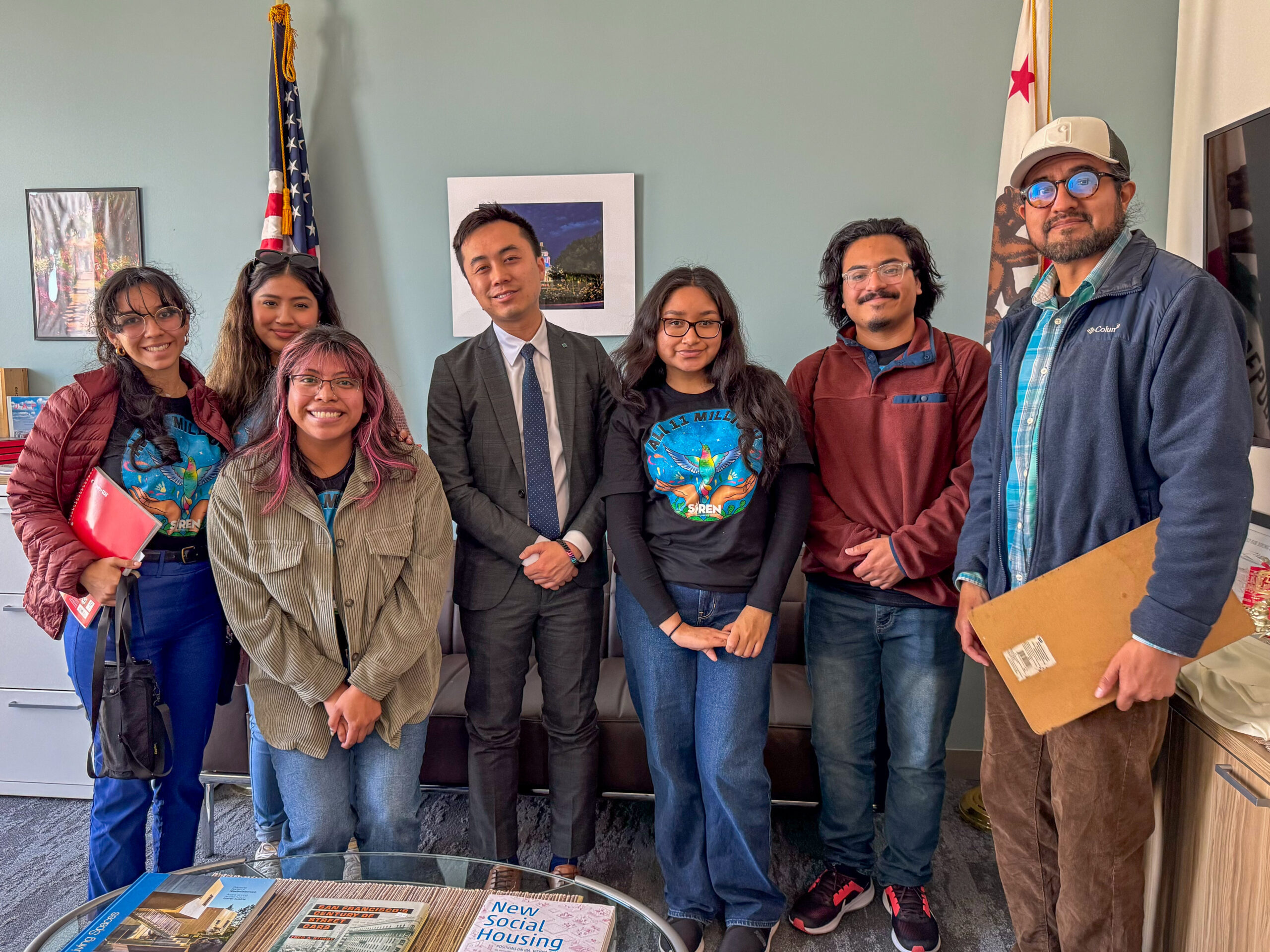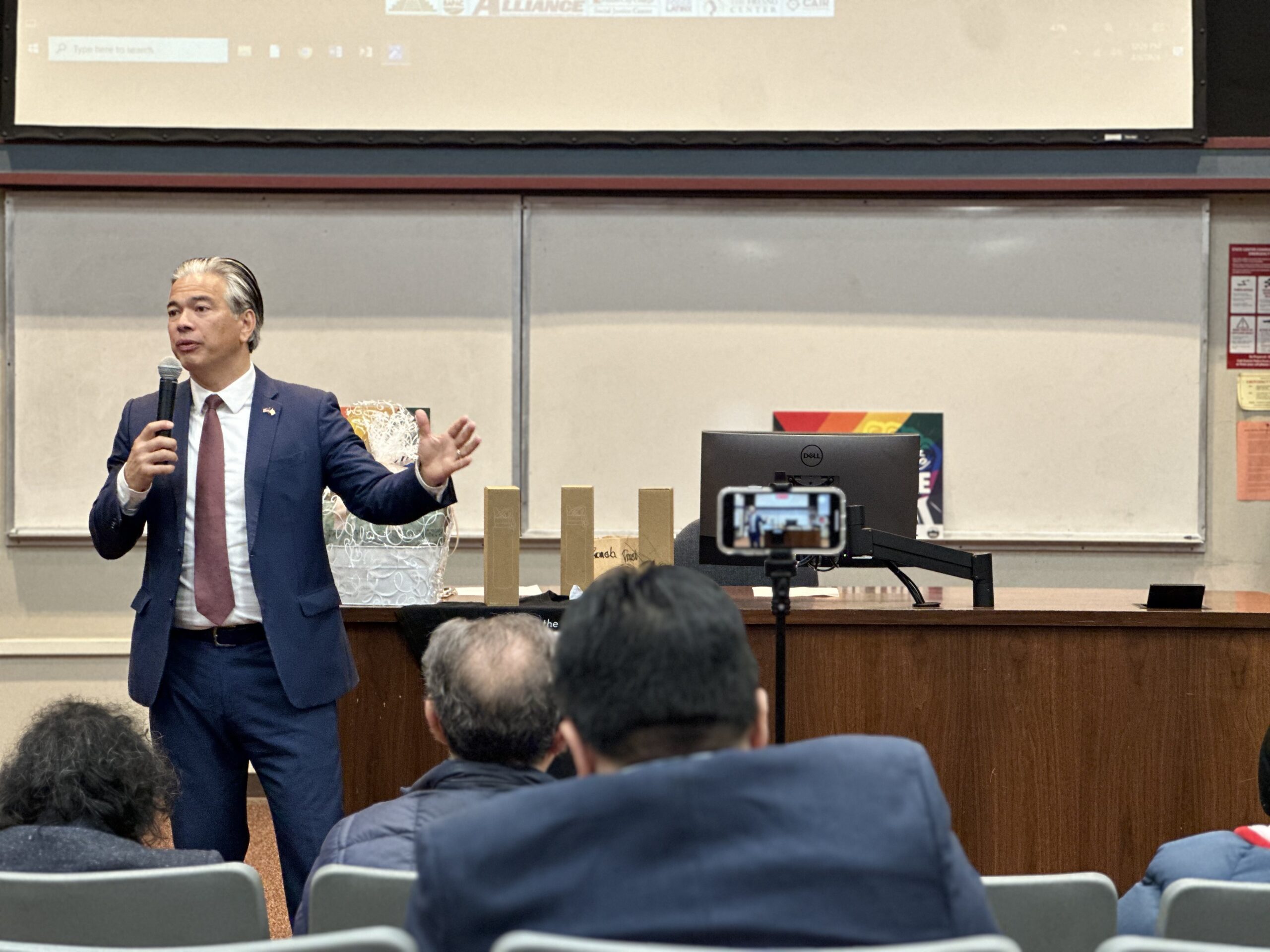As part of the YO! Youth Outlook Blog-A-Thon on the topic of modern love, two Southeast Asian female youth share their perspectives on the evolution of gender roles as witnessed within their own family and culture.
[divider]Roles Change
My mom was part of the generation where the men were the providers and the women were the ones who did the chores at home. I think that within many cultures, that’s universally how it is. The men are always the one with more authority and power. But my generation, has changed a bit. It’s true that men used to be the ones with the jobs, bring home the money, and put food on the table, but these days, many women are taking on those roles.
Women are often portrayed as the weaker one who depends on the male for support. But I see many working women these days who are independent and stable. For example, my sister-in-law is working and she supports my brother, the bum, and raises two beautiful kids all by herself. She is very independent and I know I can rely on her. My brother stays home and at times will take on the job as a security guard when his services are needed. My sister-in-law works really hard and by staying strong, she’s able to keep milk in the fridge for her kids and food for her husband. I’m very proud of her. She’s the provider and the stronger one in this relationship.
I do believe that gender roles are changing these days. It might be stressful at times for women if they are playing both roles. Changing roles can make some people uncomfortable, such as men. But I think changing roles shouldn’t be a problem as long as it’s fair. I belong to the generation where both genders are capable of playing both roles.
-Angelina, 16, Hmong
Independent Women
In the 1950s, women were expected to cook, clean, stay at home and care for their children. Men were expected to make the money to support the family. Surprisingly, this concept of gender roles was even part of the school curriculum in the 1950s. Women were practically trained to clean and cook.
These days, it’s rare to see women at home while men support the family alone, however, there are still the few exceptions that exist. These exceptions occur in many ethnic homes, such as Latino or Asian, and others. Some males even expect their future wives to stay home, cook, clean and care for the kids while they work. For example, when asked, my friend Jon said that he wanted his future wife to have dinner ready and the house cleaned by the time he gets home from work.
Back then, it was the norm for women to cook and clean. Many Asian families, for example, my own, still expect their daughters to follow in their mother’s footsteps, by cooking and cleaning, practically a maid to their husbands. To this day, I can still hear my mom talk about what man would want to marry me if I don’t cook or clean, constantly emphasizing “when you are married, do you expect your husband to cook and clean for you?”
These days, women are able to have jobs to support themselves and not rely on their significant others so much, hence the term “independent women”. In my opinion, a woman doesn’t need a man to support her and she definitely doesn’t need to stay at home all day to cook and clean. That may have been okay back then, but in today’s society, it’s every man and women for themselves. Independence is needed now more than ever. If you can’t depend on yourself, then whom can you depend on? You cannot always expect to depend on your parents or significant other. This is the time for independent women.
-Arena, 16, Laotian


